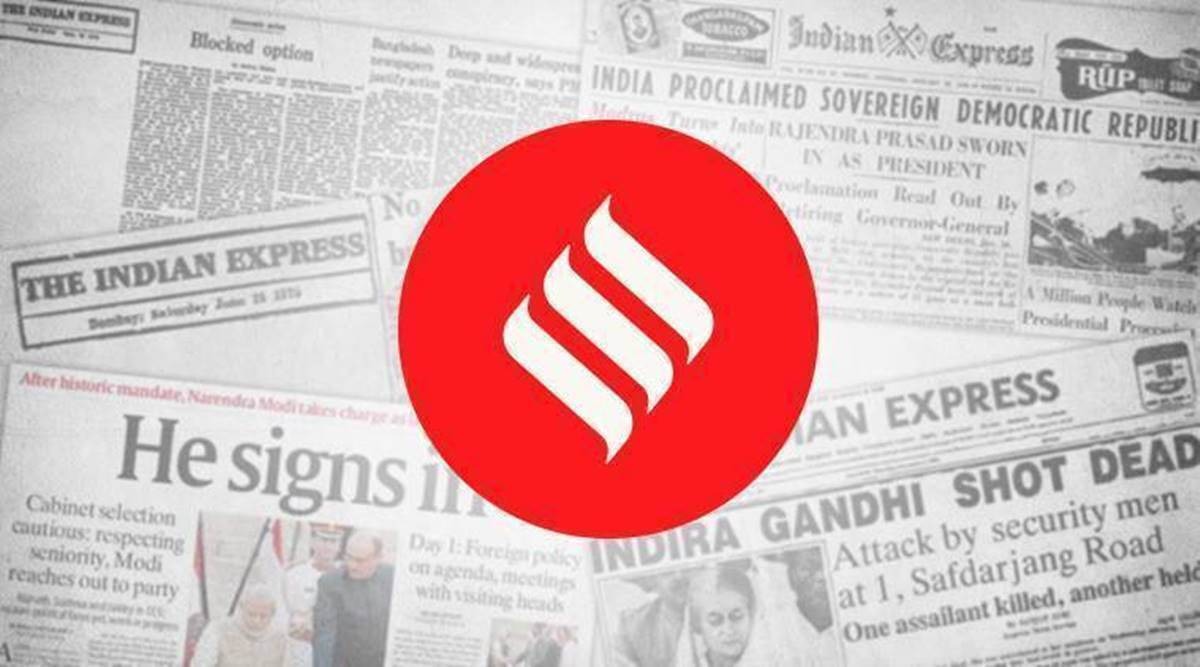 Several states in the country's south are especially sensitive to the language debate because they were founded on the bedrock of linguistic subnationalism after intense and prolonged campaigns.
Several states in the country's south are especially sensitive to the language debate because they were founded on the bedrock of linguistic subnationalism after intense and prolonged campaigns. Union Home Minister Amit Shah’s suggestion, made at a meeting of the Parliamentary Official Language Committee on Thursday, that people of different states should communicate with each other in Hindi, not English, threatens to stoke an old fault line. The debate over India’s official language has an acrimonious history, it triggered violent protests in the 1960s. The language war was finally settled in favour of accommodation of different languages as against the dominance of Hindi. There is no good reason to disturb the settlement that was arrived at after a tortuous process, one that has proved to be successful in a country that speaks in many tongues.
Several states in the country’s south are especially sensitive to the language debate because they were founded on the bedrock of linguistic subnationalism after intense and prolonged campaigns. Over the years, many have made significant strides towards making the local language the medium of official communication and governance. While some in these states understand Hindi — Bollywood has played a key role in popularising the language across the country — it is also true that it remains a not-so-familiar tongue, arguably even more than English, for large sections of the population. English is the preferred language of communication of these states with the Centre and with Hindi-speaking states, while the local administration conducts its business in the regional language. In his speech, Shah pointed to the seriousness with which the Centre may be pushing the case for Hindi: Nearly 70 per cent of the Cabinet agenda is now prepared in Hindi; 22,000 Hindi teachers have been recruited in the eight states of the Northeast, which have agreed to make Hindi compulsory up to Class X; nine tribal communities of the Northeast have adopted Devanagari script for their dialects.
Shah has been testing this ground for some time now. In 2019, he had spoken about “one nation, one language”. This slogan and approach is part of a vision of India that favours the imposition of a single language over the country’s diverse linguistic cultures. The Constitution envisages a Union of states working within a federal framework. Many of the states are home to subnationalisms imagined around a regional language, a fact the All India Congress Committee leading the freedom movement recognised at its Nagpur session in 1920. Most of these languages are older than Hindi and carry memories of protest. The Home Minister should let sleeping fault lines lie.
- The Indian Express website has been rated GREEN for its credibility and trustworthiness by Newsguard, a global service that rates news sources for their journalistic standards.

